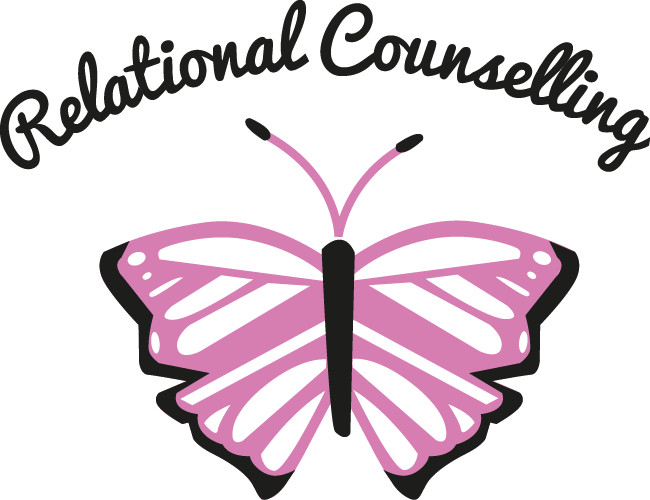The Benefits Of Journalling
With great strides being made in acknowledging and accepting the prevalence of mental health issues in our society, and concurrently with the increasing ease of access to treatment for them, therapy is becoming less stigmatised and more widely understood as a valuable tool that many individuals use to enable them to live happy and fulfilling lives. However, therapy itself is an all-encompassing term, covering a spectrum of different styles, approaches, and tools that can be utilised in treatment. This can leave many wondering how to maximise the benefits gained during the therapeutic journey both within and outside the counselling space. We at Relational Counselling believe one essential tool for making the most of counselling is “Journalling”.
As therapy is both a journey of both self-discovery and healing, Journalling serves as a powerful tool aiding this process. With many benefits to be gained both inside and outside counselling sessions.
Some Of The Benefits:
-
As a dedicated space personal to the user, Journalling is a place where our innermost thoughts, fears and desires can be noted. By stopping, taking notice and writing down what goes on inside our minds, we can start to become aware of emerging patterns and our behavioural responses to them. Gaining more insight and awareness about ourselves.
-
Journalling serves as a great place to take note of the things you want to say and how you can say them. Not only can this be useful in increasing the efficacy of communication between therapist and client, it can also help improve communication skills in general. Instead of relying on what immediately comes to mind, Journalling can help individuals better articulate their thoughts and feelings, allowing them to say what they would really like to say.
-
By writing about any challenging situations an individual may face, it helps them to navigate these situations more effectively, in turn leading to better long term resilience and problem solving at the current moment and when faced with similar circumstances in the future.
-
Journalling forces an individual to be present and engaged in the current moment. By focusing on their thoughts and feelings, it encourages an individual to be more mindful and aware in their daily lives.
-
By writing about challenging emotions, it promotes an individual to process and regulate these both in a healthier way and more effectively; Instead of allowing those feelings to boil underneath the surface.
What To Write About and How Often?
Journalling is a process personal to the one undertaking it, and not everyone is the same. What works for some may not work for others. Finding the most efficient way of Journalling and how often someone should, comes with practice.
“I find that writing in a Journal helps me navigate any stressful situations. By physically writing stressful thoughts down and then throwing them away, It helps me release the associated emotions and leave them in the past”
-Melissa Cooper
(Psychotherapist, Relational Counselling)
When it comes to frequency, as a general rule of thumb the more you Journal, the more you get out of it. This may not always ring true for everyone though. If you find yourself getting frustrated when Journalling daily, don’t take it personally. It could be that too much is being brought up at once. It could be more beneficial to cut back to a couple times a week and try increase the frequency at a later date. This gives you time to consolidate the emotions associated with writing in the Journal and not allow for too much to be brought to the surface.
Some topics that could be written about include:
Any triggers that came up in the session with your Therapist
Anything you may be avoiding bringing to a session
Reflection on how honest you feel you are being
How you experience the Therapist
How is your working dynamic with your Therapist?
What you feel like you need and/or want to get out of Therapy
General entries about your day, good or bad. Was there anything of note that you noticed?
Have you made any new insights about yourself?
At Relational Counselling, we believe in the power of Journalling, which is why our therapists not only actively use it in the therapeutic process and try to encourage clients to use this tool outside of the counselling room, but they also do it themselves. A typical session with a therapist lasts up to an hour and takes place once a week. With 24 hours in a day and 7 days in a week, Journalling goes a long way towards bridging the gap till the next session and filling your days with more time dedicated to you and your healing.
-By Patrick
If you need to talk to a psychotherapist Contact Relational Counselling

